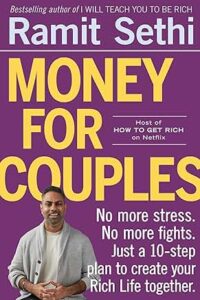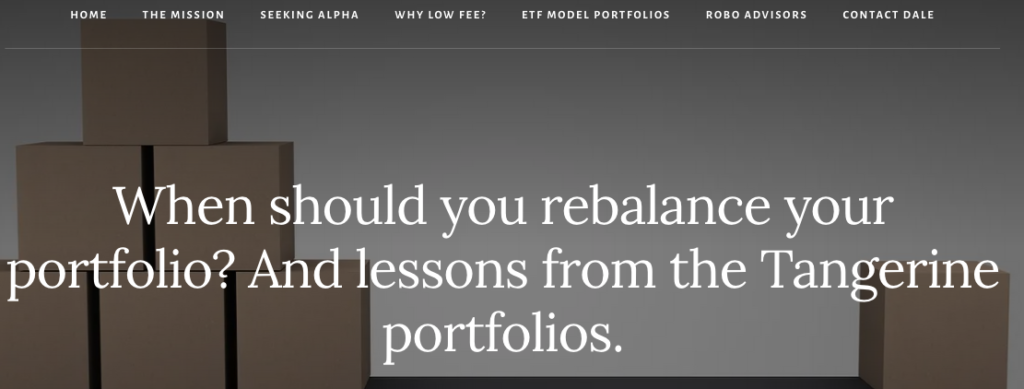By Dale Roberts, cutthecrapinvesting
Special to Financial Independence Hub
On Twitter [X] I was asked what the heck is going on. “I don’t get it” offered a follower and blog reader. The Canadian economy is entering a rough patch, things are supposed to get much worse, and Canadian stocks are surging higher. In fact, the TSX Composite just reached an all-time high. More proof that no one knows what is going to happen. We can’t time the market or sitting Presidents.
Around Tuesday April 8, President Trump began to walk away from his nonsensical tariff war blabbering, just as I had predicted on March 20th.
My take on the global tariff war concept was and is …
The bad news is a global tariff war spells economic destruction.
The good news is a global tariff war spells economic destruction. Essentially, it can’t happen, I think and hope. The markets will push back …
The markets pushed back on Trump’s plans, Trump listened, and then stocks moved on to higher prices.
And remember, the stock market is not the economy. And nearly 50% of TSX companies’ revenues originate outside of Canada.
What sectors are driving the TSX Composite?
From April 8, the TSX Composite is up 19% [as of May 16]. We know that financials and energy and resources drive Canadian stock markets so let’s have a look there first.
Sure enough, during that period the financials XFN-T are up 28%. The banks ZEB-T are up 16%. The insurers that are within the financials indexes have helped to drive returns well above that of the banking index. Diversifed financial Brookfield is up 36%. Fairfax Financial (Canada’s Berkshire Hathaway) is up over 44% over that last year and an incredible 540% over the last 5 years, not including the modest dividend.
So ya, the financials are humming. As I wrote in investing in Canadian banks, the banks are a proxy for the Canadian economy. But they are much more as well with considerable earnings in the U.S. and in other economies and regions. Same for the insurers who are very international.
I’m more than happy to hold this ETF in my personal RRSP. My wife holds most of the indivdual stocks in her RRSP.

Canadian energy stocks
Let’s move on to energy and other resources. In October of 2020 I suggested that readers consider Canadian oil and gas stocks. The timing was fortunate as the sector went on an incredible run, up over 400% at the peak. The sector did some heavy lifting along the way.
But the sector has cooled and is down some 7.3% over the last year. The returns are also negative from April 8.

That said, the Canadian pipelines have been carrying the energy sector. Enbridge ENB-T and TC Energy TRP-T are leading constituents in the Canadian TSX Composite and they have greatly outperformed over the last year. They’ve made a minor contribution.
TC Energy is up about 35% over the last year while Enbridge is up in the area of 30%. Enbridge is the forth largest holding in the TSX while TC Energy is top 15.
The materials sector XMA-T helped to lift the TSX over the last year, up 26% at its peak a week ago. Gold stocks drove the index. Gold was and is the perfect hedge for Trump’s unpredictability and potential inflation-inducing tariff strategy. Materials did some lifting along the way.
Defensive equities rise to the occasion
Consumer staples XST-T have outperformed over the last year. They have been a wonderful defensive holding. They shone during the worst of the Trump fears. That said, they (unfortunately) have a very small weighting in the TSX.
Utilities XUT-T have kept pace with the markets over the last year and have offered recent support, as the sector is near all-time highs. More on this below when we discuss retirement and managing risk with defensive equities.
Canadian tech rocks
One of the main drivers to the new highs is the tech XIT-T sector. It’s up over 41% over the last year. Shopify is up 95% over the last year. Constellation Software is up 37.5% over one year. Shopify has the second largest weighting in the TSX. It will often trade places with RBC for top spot.
From April 8, XIT is up 26%, largely driven by Shopify.
Here’s the lift from Financials and Tech from 2023 … Continue Reading…








